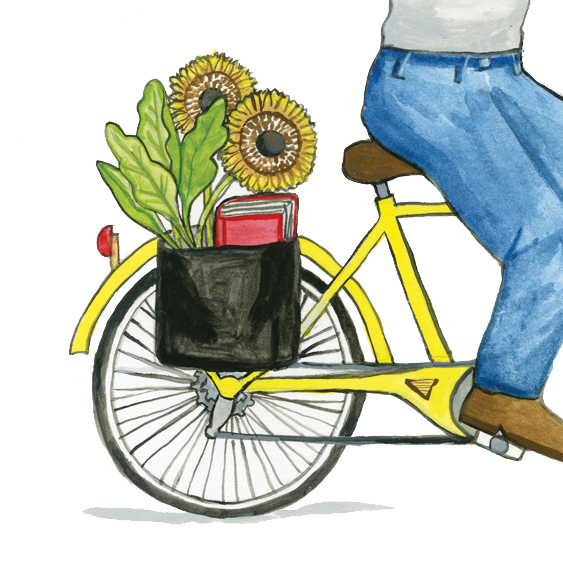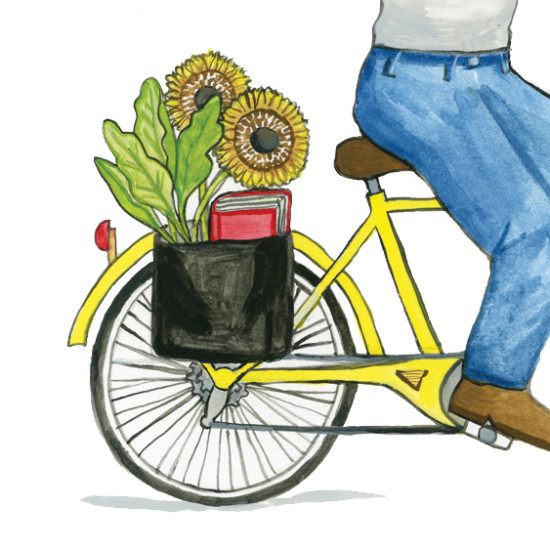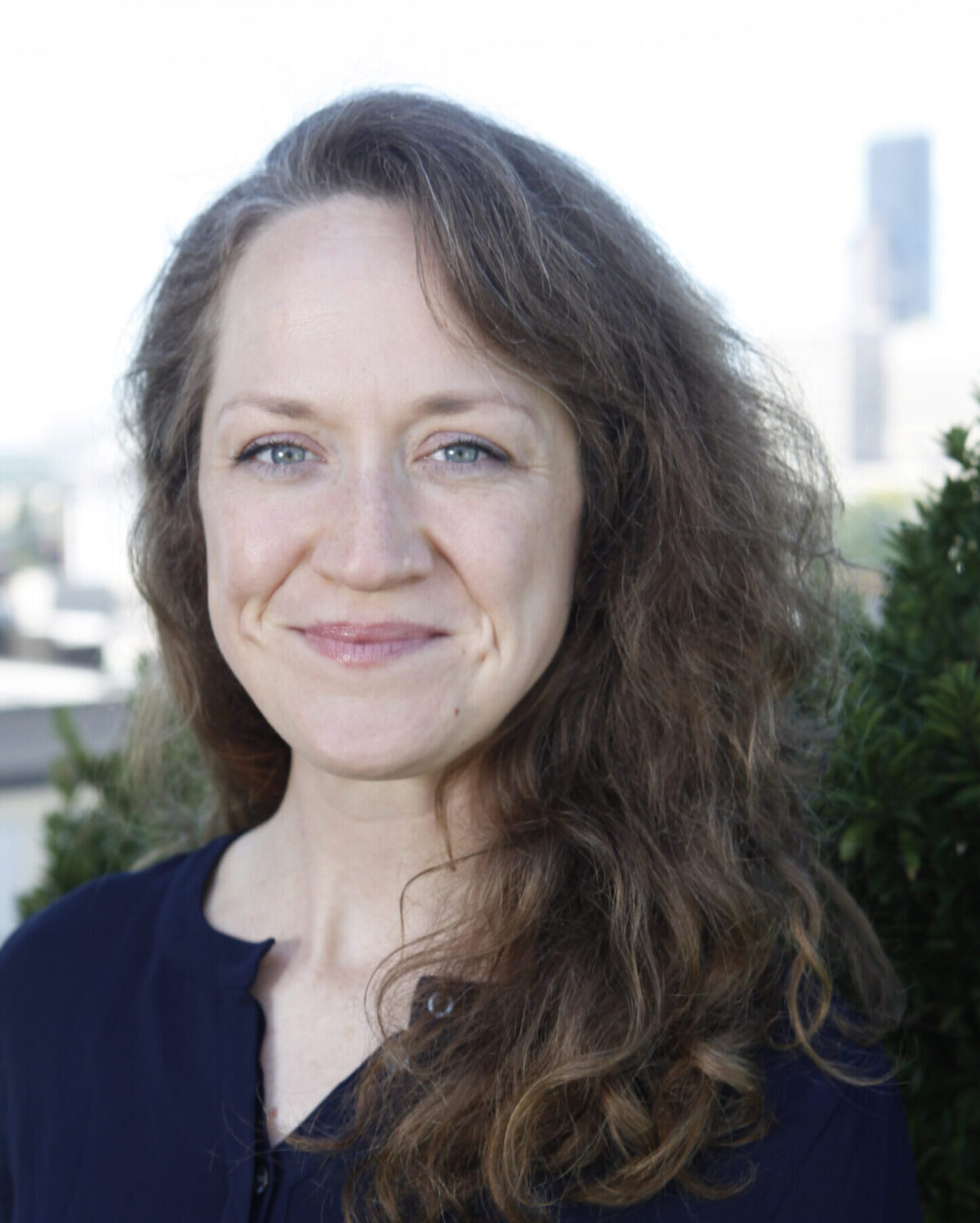Alan
My favorite wrap-up of this week’s UN Climate Summit.
We put this in the Daily—about how Cascadia could become a climate refuge, attracting immigrants from harder hit locales—but have you considered this? The region’s cities all have comprehensive plans that assume certain amounts of population growth then indicate where they expect those people to live. The projections may all be way too low, and unless cities plan to accommodate climate refugees in compact, walkable urban zones, they’ll end up adding to sprawl, and compounding carbon pollution.
Kristin
My husband read the Felix Salmon article about gender pay gap and came away confused about whether there is really a gender pay gap problem… so I decided to write something clearer about why women get paid less than men. It got long so I broke off two smaller pieces about choices and solutions. That was my weekend…
The Atlantic had a great issue this month. Starting with the implications of everyone living to be 100, followed closely by an argument for quitting at 75. Not euthanasia, just stopping all preventative care at that point and only accepting palliative care. The argument being that your time after that is most likely to be slow, painful, and not fulfilling. This made me think about the only all-nighter I ever pulled—I promptly decided it was a terrible idea. I let the task expand to fill the time available, didn’t get much done in the early hours of the morn, and the next day was sort of shot. Throughout law school I set myself a hard bedtime of 10pm, and I was much more productive because I knew I had to get it done. Would setting myself a life deadline of 75 make me take more advantage of the time I have?
There was also a review of Political Order and Political Decay, which apparently offers the interesting suggestion that what the US needs to reinvigorate its democracy is actually LESS participation and LESS transparency! Counterintuitive. More intuitive when you flesh it out: our system has become a “vetocracy” in which many groups have the power to stop things, but no one is able to make things happen. Reducing the veto power and allowing deal-making in smoke-filled rooms would actually re-grease the wheels of trust on which action depends.
This review was fascinating and the book is long, so I went and found another review, which summarizes the book’s description of American democracy as follows: the growing power of elites due to inequality and the existing power of special interest groups have created a vicious cycle in which government responds poorly to the problems of the day, reinforcing the public’s view that government is ineffective, lending support to efforts to disempower government, leading to even poorer performance. Compelling. But not encouraging.
Eric
Climate change is mostly a manmade phenomenon, but the solutions will be at least partly an act of God. KUOW has a terrific interview with my friend Jessie Dye, outreach director at Earth Ministry, on climate advocacy and the tremendous power of faith communities.
Serena’s recent piece at The Stranger, Toward a New Story on Climate Change, should be mandatory reading for everyone involved in climate protection. It was very good, and yet it was only the second best thing written about the NYC climate march.
The older my kid gets, the more often I find that prevailing parenting norms are radicalizing me into the free range kids movement. I can think of no clearer example than this absurdly laughable segment on The Today Show, an “expose” about what happens when a confident 11-year-old boy—monitored by hidden cameras—goes to public parks in broad daylight with lots of people around. (Spoiler alert: nothing.) I’ve watched bits of the segment several times now, and I still can’t help laughing when the reporter confronts the bystanders about their supposedly dangerous inaction. The segment isn’t actually a joke, but it still manages to serve as a perfect parody of irrational security fears and smothering parenting run amok.
Speaking of things you should do with kids, let me recommend winter razor clam digging on the coast. In Washington, the dig “seasons”—short windows when harvesting is allowed—are usually scheduled for after dark in the rainy months. It’s not for the faint of heart, but on the plus side everyone gets wet, muddy, and cold. When you’re on the beach at night, watching the rain in the lantern light while you bury your arms in the muck, you feel a part of some ancient pagan sacrament of the Northwest.









